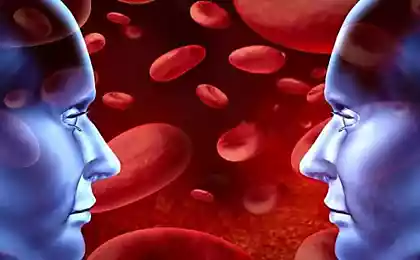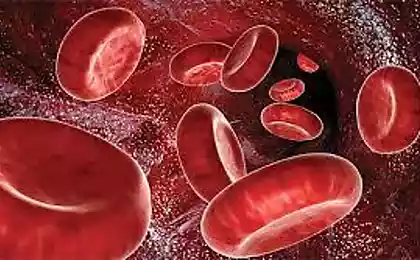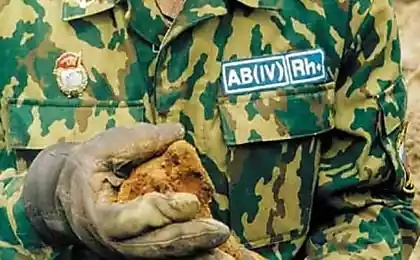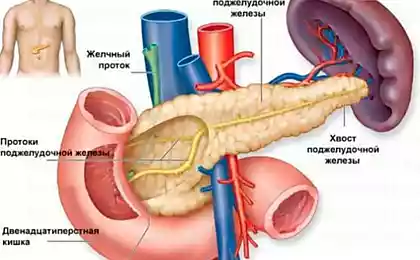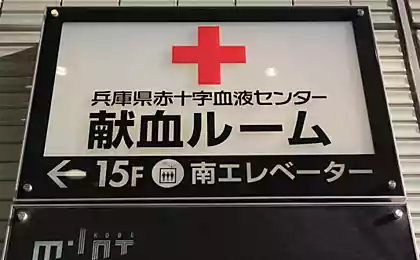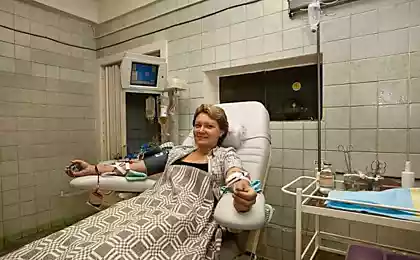614
The rarest blood type - Bombay
India is closer than you kazhetsya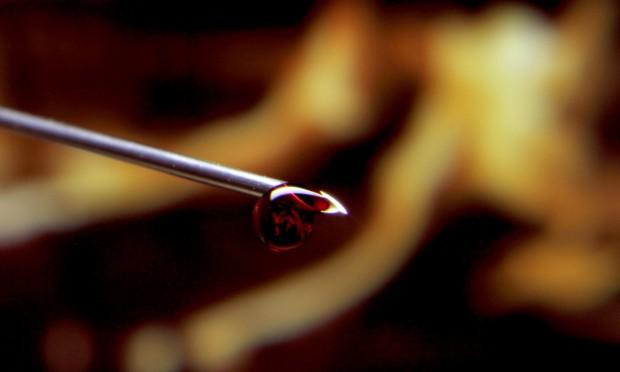
As is known, in humans there are four major blood groups. The first, second and third are quite common, the fourth is not widespread. This classification is based on the content in the blood so called agglutinogens - antigens that are responsible for the formation of antibodies. In the second group of blood contained antigen A, the third antigen is present B, fourth contain both the antigen and the first antigens A and B are absent, but there is "primary" Antigen H, which inter alia serves as "building blocks" for the production of antigens contained in the second, third and fourth groups of blood.
Blood group often determined by heredity, for example if the parents second and third groups, the child can be any of the four, in the case where the father and mother of the first group, their children also will be the first, and if, say, my parents fourth the first, from the offspring will be either the second or third. However, in some cases, children are born with blood, according to the rules of succession which they can not be - this is called the phenomenon of Bombay, Bombay, or blood.
In Bombay there is no blood antigens A and B, so it is often confused with the first group, but not in it, and antigen H, which can be a problem, for example, the determination of paternity - for a child in the blood does not present any antigen that is at its parent.
Bombay phenomenon was discovered in 1952 in India, where "special" have the blood, according to statistics, 0, 01% of the population in Europe, the Bombay blood occurs more rarely - approximately 0, 0001% of the population.
Rare blood group does not give its holder any problems, except for one - if he suddenly need a blood transfusion, you can only use the same Bombay, with this blood can be transfused to man with any group without any consequences.
via factroom.ru

As is known, in humans there are four major blood groups. The first, second and third are quite common, the fourth is not widespread. This classification is based on the content in the blood so called agglutinogens - antigens that are responsible for the formation of antibodies. In the second group of blood contained antigen A, the third antigen is present B, fourth contain both the antigen and the first antigens A and B are absent, but there is "primary" Antigen H, which inter alia serves as "building blocks" for the production of antigens contained in the second, third and fourth groups of blood.
Blood group often determined by heredity, for example if the parents second and third groups, the child can be any of the four, in the case where the father and mother of the first group, their children also will be the first, and if, say, my parents fourth the first, from the offspring will be either the second or third. However, in some cases, children are born with blood, according to the rules of succession which they can not be - this is called the phenomenon of Bombay, Bombay, or blood.
In Bombay there is no blood antigens A and B, so it is often confused with the first group, but not in it, and antigen H, which can be a problem, for example, the determination of paternity - for a child in the blood does not present any antigen that is at its parent.
Bombay phenomenon was discovered in 1952 in India, where "special" have the blood, according to statistics, 0, 01% of the population in Europe, the Bombay blood occurs more rarely - approximately 0, 0001% of the population.
Rare blood group does not give its holder any problems, except for one - if he suddenly need a blood transfusion, you can only use the same Bombay, with this blood can be transfused to man with any group without any consequences.
via factroom.ru
Custom test fight of the series "Game of Thrones" really existed
10 records that you do not want to beat





